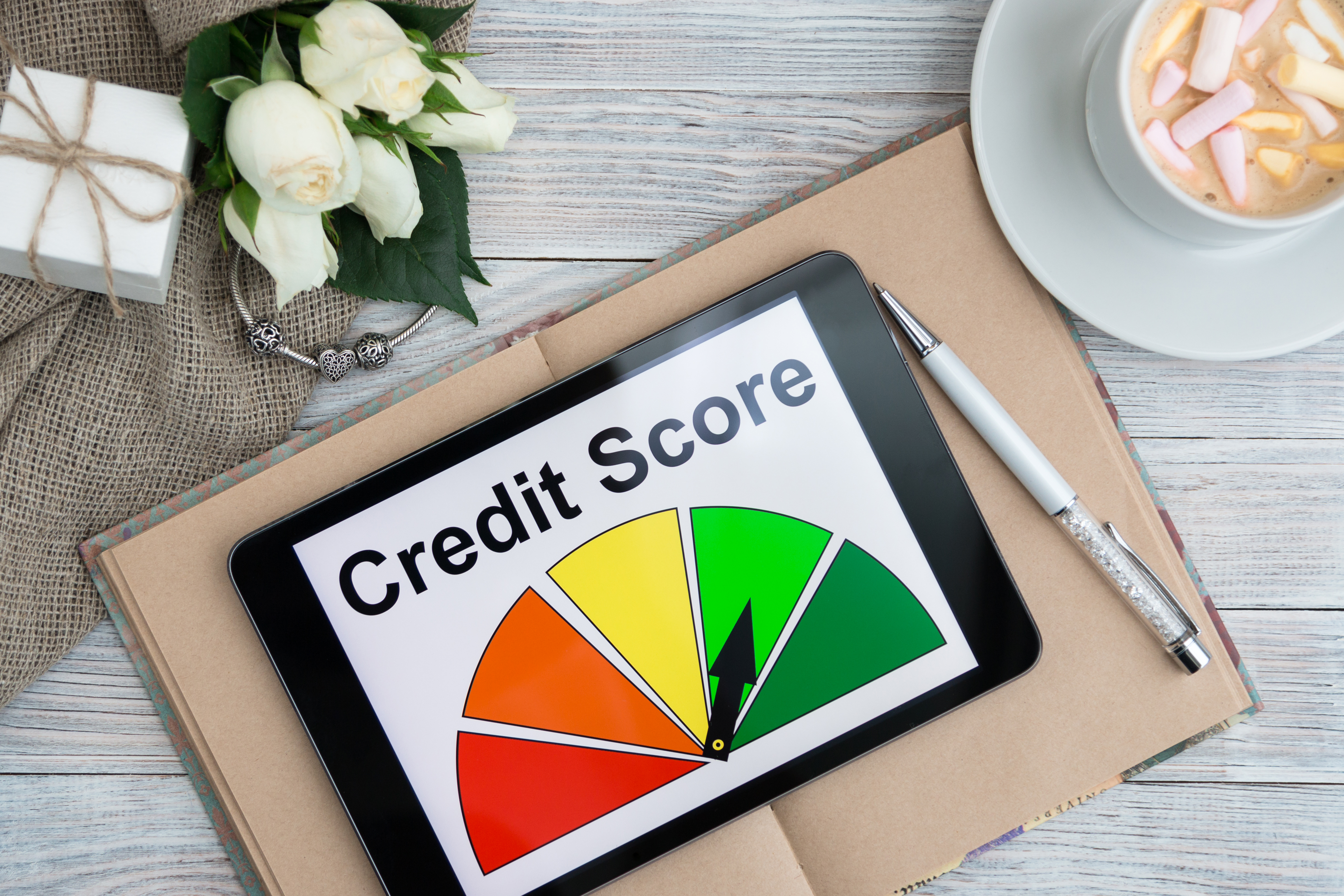What’s A Good Credit Score And How Can One Improve Credit Ratings?
A credit score is among the key metrics that lenders consider when determining whether to extend credit to you. The number lies between 300 and 850. Credit bureaus rely on the details contained in your credit report to define whats a good credit score.
According to the FICO® score, credit scores fall into five major classes: poor, fair, good, very good, and excellent. A graduated scale shows what points each division requires:
• Below 579 – Poor
• 580 – 669 – Fair
• 670 – 739 – Good
• 740 – 799 – Very good
• 800 and above – Excellent
If your score is below 670, potential lenders may be skeptical about your past credit behavior. Their diminished confidence in your ability to repay the money lent to you may lead to reduced access to loans. Consequently, achieving your dreams of owning a beautiful house or a car becomes significantly more challenging. Luckily, Emerald Credit Solutions may have a way to get your score up.
Other Ways to Gauge Your Credit Score
The three major credit bureaus developed an alternative way to answer the question “whats a good credit score?” over a decade ago. Dubbed the VantageScore, the credit-scoring model uses a range similar to the FICO® score. However, its scale is slightly different and features the following classes:
• 300-499 – Very Poor
• 500-600 – Poor
• 601-660 – Fair
• 661-780 – Good
• 781-850 – Excellent
Note that with the VantageScore, you need to maintain your score above 661 to be on the safe side. However, there is no telling what model will determine your credit scoring when applying for a loan. Thus, maintaining 670 points should be your goal so that both the FICO® and VantageScore scales are in your favor.
What Determines The Credit Score?
The credit-scoring methods discussed above consider almost similar factors when determining the appropriate score for you. However, they place different weights on each element, which leads to dissimilar scores. Generally, credit bureaus check on:
• How regularly you inquire about your credit report
• How well meet deadlines of loan repayments
• Your credit utilization ratio
• Your credit account’s age
• The number of credit accounts you recently opened
• The type of credit you use; that is, revolving debt or installment loans
• Your total outstanding debts
• Other details such as bankruptcy records
Both FICO® and VantageScore place great importance on payment history. Further, models are least influenced by how many credit accounts you recently opened. However, VantageScore’s second most influential element is your credit accounts’ age, while FICO® values your total debts more.
Your Credit Scores Matter
Your credit rating may be the only thing standing between you and a loan that may turn your life around. If the ratings are in the “poor” class, lenders and creditors may deny your credit or offer you unfavorable terms, including high rates and large down payment amounts.
Emerald Credit Solutions, a financial planning expert, commits to bettering your credit score and putting you on the path to a good life. Our credit repair portal may not only improve your ratings but also attract favorable rates after you qualify for a loan.
Contact Emerald Credit Solution on our website emeraldcreditsolutions.com and let our experts know how they can help. You can also give us a call at 844-882-6141.

